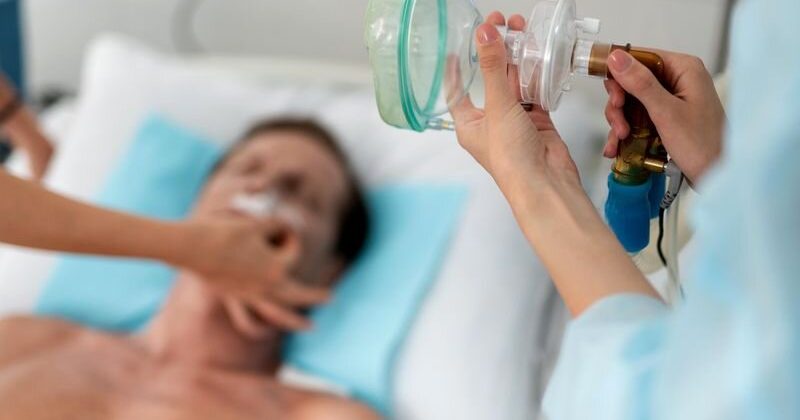
For patients hospitalized with COVID-19, persistent viral shedding occurs frequently and is associated with in-hospital delirium and increased six-month mortality, according to a study published online May 11 in GeroScience.
Ayush Batra, M.D., from the Northwestern University Feinberg School of Medicine in Chicago, and colleagues conducted a retrospective analysis of persistent viral shedding among Northwestern Medicine Healthcare patients between March and August 2020. Predictors of persistent viral shedding, in-hospital delirium, and six-month mortality were examined.
The researchers found that 959 of the 2,518 hospitalized patients with a confirmed diagnosis of COVID-19 underwent repeat severe acute respiratory syndrome coronavirus 2 reverse transcription-polymerase chain reaction (RT-PCR) assay testing at least 14 days from initial positive testing. Of these, 42.2 percent had persistent viral shedding. There were associations seen for persistent viral shedding with male sex, increased body mass index, diabetes mellitus, chronic kidney disease, and exposure to corticosteroids during initial COVID-19 hospitalization. After adjustment for factors, including severity of respiratory dysfunction, persistent viral shedding was independently associated with the incidence of in-hospital delirium (odds ratio, 2.45). The association between persistent viral shedding and increased six-month mortality remained significant even after adjustment for age, severity of respiratory dysfunction, and occurrence of in-hospital delirium (odds ratio, 2.43).
Source: Read Full Article
